Energy Efficiency and Energy Savings: A View from the Building Sector
 A survey of senior building sector executives on the feasibility of implementing energy efficiency measures across their sector in China, Europe, India and the U.S.
A survey of senior building sector executives on the feasibility of implementing energy efficiency measures across their sector in China, Europe, India and the U.S.
59 result(s) found
 A survey of senior building sector executives on the feasibility of implementing energy efficiency measures across their sector in China, Europe, India and the U.S.
A survey of senior building sector executives on the feasibility of implementing energy efficiency measures across their sector in China, Europe, India and the U.S.
 Briefing
Briefing
A survey of senior building sector executives on the feasibility of implementing energy efficiency measures across their sector in China, Europe, India and the U.S.
 Highlights
Highlights
A survey of senior building sector executives on the feasibility of implementing energy efficiency measures across their sector in China, Europe, India and the U.S.
 Case Study
Case Study
A survey of senior building sector executives on the feasibility of implementing energy efficiency measures across their sector in China, Europe, India and the U.S.
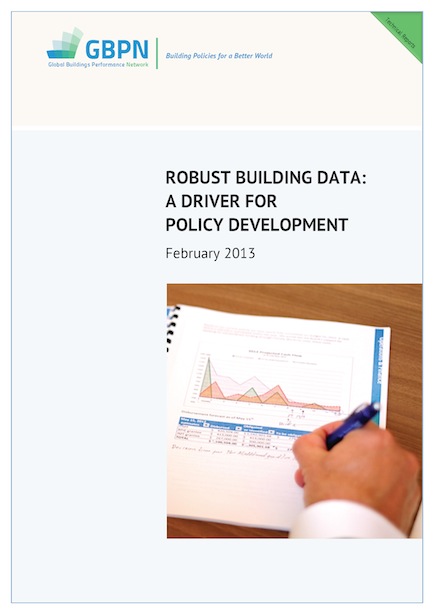 本报告就四个地区数据质量和数据的可利用性问题进行了分析,同时也提醒了我们需要完成多少工作才能建成一个强大而全面的建筑数据库,并提出了实现这个数据库的可行性建议。
本报告就四个地区数据质量和数据的可利用性问题进行了分析,同时也提醒了我们需要完成多少工作才能建成一个强大而全面的建筑数据库,并提出了实现这个数据库的可行性建议。
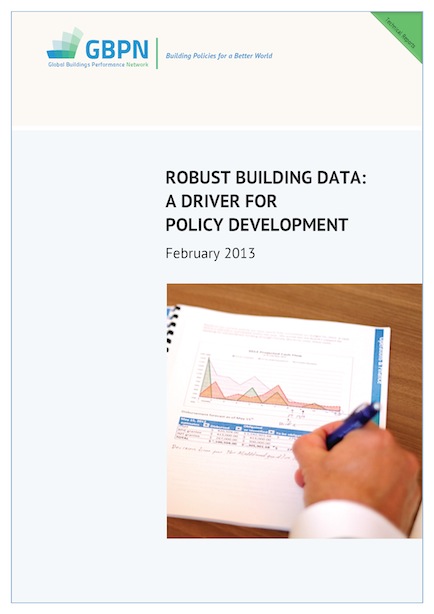 本报告就四个地区数据质量和数据的可利用性问题进行了分析,同时也提醒了我们需要完成多少工作才能建成一个强大而全面的建筑数据库,并提出了实现这个数据库的可行性建议。
本报告就四个地区数据质量和数据的可利用性问题进行了分析,同时也提醒了我们需要完成多少工作才能建成一个强大而全面的建筑数据库,并提出了实现这个数据库的可行性建议。
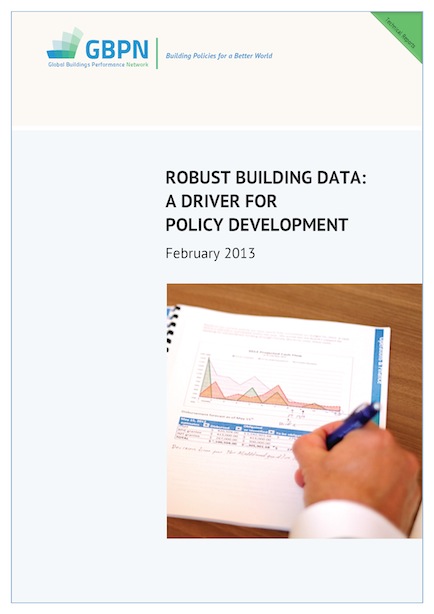 Technical Report:
Technical Report:
Discover where things stand regarding building energy data quality and availability in our four regions, this report reminds us of how far we have to go before a robust and comprehensive set of building data is in place and provides some recommendations of how we can get there.
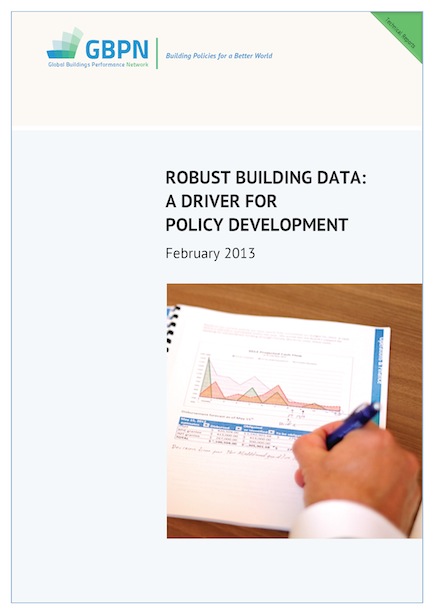 Data Annex
Data Annex
Discover where things stand regarding building energy data quality and availability in our four regions, this report reminds us of how far we have to go before a robust and comprehensive set of building data is in place and provides some recommendations of how we can get there.
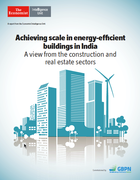 The Economist Intelligence Unit (EIU) report "Achieving scale in energy-efficient buildings in India: A view from the construction and real estate sectors" commissioned by the GBPN explains the challenges and opportunities of investing in energy efficiency in buildings in India.
The Economist Intelligence Unit (EIU) report "Achieving scale in energy-efficient buildings in India: A view from the construction and real estate sectors" commissioned by the GBPN explains the challenges and opportunities of investing in energy efficiency in buildings in India.
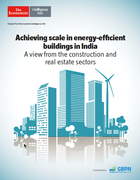 A report from the Economist Intelligence Unit (EIU), commissioned by the GBPN finds that while India’s commercial building sector has blazed the energy-effiency trail in the building sector, achieving significant scale will depend on efficiency measures becoming standard practice in the commercial middle market, retrofit and, particularly, the residential building segment.
A report from the Economist Intelligence Unit (EIU), commissioned by the GBPN finds that while India’s commercial building sector has blazed the energy-effiency trail in the building sector, achieving significant scale will depend on efficiency measures becoming standard practice in the commercial middle market, retrofit and, particularly, the residential building segment.
 Executive Summary
Executive Summary
GBPN conducted a study on the factors affecting the use of ESCO models for the retrofit of existing buildings in China, identifying current barriers to the development of the Chinese ESCO market, while also researching best-practice examples of ESCOs globally and investigating the feasibility of introducing those examples to China.
This report assesses the extent to which it would be feasible for the non-residential building sector as a whole, and for individual building forms, to achieve net zero energy and/or greenhouse gas emissions by 2050.
The potential strategies to reach this goal that are analysed in this study include:
Building energy efficiency is an important strategy for reducing greenhouse gas emissions globally. In fact, 55 countries have included building energy efficiency in their Nationally Determined Contributions (NDCs) under the Paris Agreement. This research uses building energy code implementation in six cities across different continents as case studies to assess what it may take for countries to implement the ambitions of their energy efficiency goals.
This report presents the outcomes of a pilot study exploring how the building and planning system is delivering a sustainable built environment in Australia. It identifies four key issues emerging from the research highlighting both the challenges and opportunities in implementing ESD in the built environment in the Victorian context. These are: 1) the gap between the planning and building system; 2) weaknesses in the planning system; 3) governance, inconsistencies, and coordination; and 4) improving the system – networks and advocacy.
Buildings are the focus of European (EU) policies aimed at a sustainable and competitive low-carbon economy by 2020. Reducing energy consumption of existing buildings and achieving nearly zero energy buildings (NZEBs) are the core of the Energy Efficiency Directive (EED) and the recast of the Energy Performance of Building Directive (EPBD). To comply with these requirements, Member States have to adopt actions to exploit energy savings from the building sector.
There is now widespread recognition in the international community that the commitments made by national governments under the Paris Climate Agreement in 2015 cannot be achieved without concerted action by cities. Fortunately, many mayors have shown strong commitment to tackling climate change and a willingness to collaborate to achieve this goal.